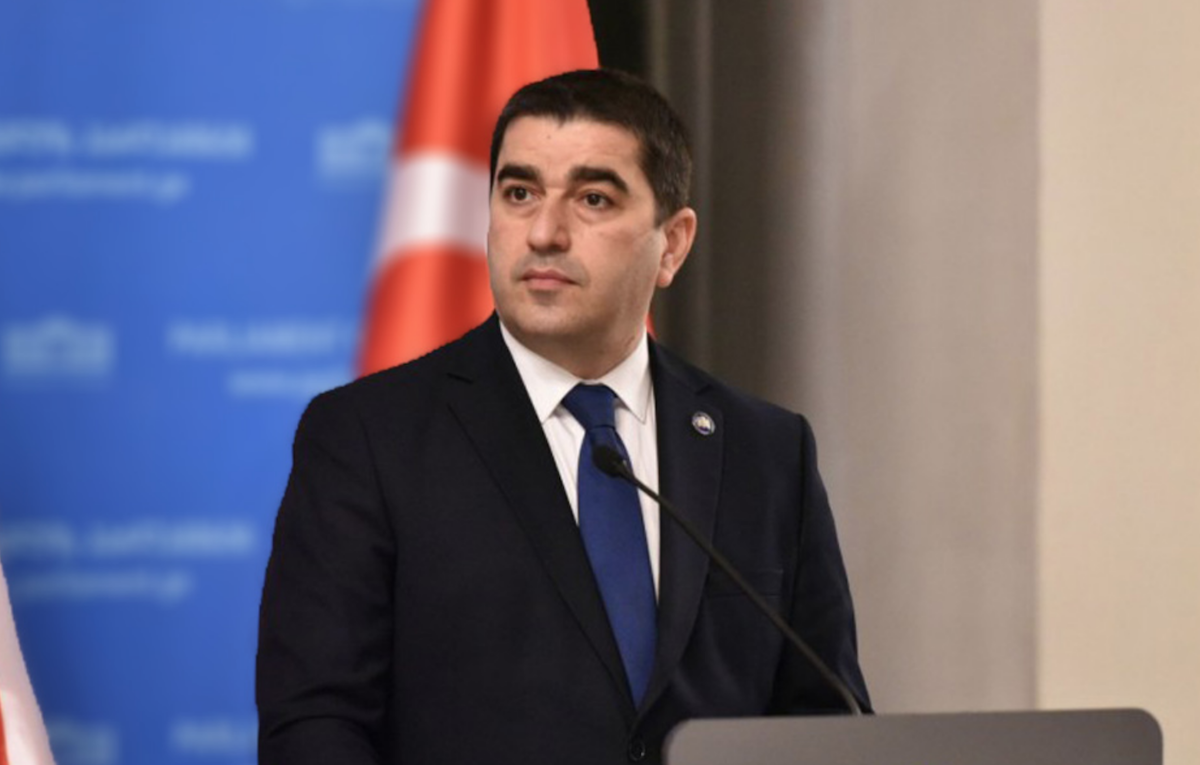
The Chairman of the Parliament of Georgia, Shalva Papuashvili, signed the “foreign agents” law today. According to Papuashvili, the law will enter into force on June 4. He explained that organizations with foreign funding will have a period of 60 days to register on the relevant electronic portal and declare their finances for 2023.
“I signed [the law] today, it will be published in the Legislative Gazette. From tomorrow it will be considered published, and within 60 days from tomorrow, the Ministry of Justice will develop all subordinate normative acts, as well as create an electronic portal for organizations. After 60 days, organizations with foreign funding will be obliged to register on the portal and declare their finances for 2023.
The law will come into effect tomorrow, although the obligation to register will arise in 60 days, around September 4-5, if I’m not mistaken,” said Shalva Papuashvili.
The law, signed by the Speaker of the Parliament today, has already been published on the website of the Legislative Herald.
At the government session, the prime minister of Georgia, Irakli Kobakhidze, stated that by adopting the law, Georgia secured its sovereignty and security. According to Kobakhidze, during the past two months, a lot of misinformation about the law has been spread, leading to excessive emotions based solely on artificial grounds.
“Now that the law is in force, we all must act pragmatically and set aside unnecessary emotions, especially those attempting to mask their protest failures with liberal-fascist actions.
Liberal fascism, an ideology as dangerous as classical fascism and Bolshevism, has been artificially introduced into our country for years through opaque finances, and it is completely incompatible with Georgian culture,” Kobakhidze said.
The general secretary of “Georgian Dream” and mayor of Tbilisi, Kakha Kaladze, stated that organizations failing to comply with the “foreign agents” law will face fines, confiscation of assets, and ultimately, termination of operations.
“If they fail to comply, they will face financial penalties, asset confiscation, and more. They will be unable to operate or access their funds. If one is genuinely committed to their work without any malicious intent, there shouldn’t be an issue with disclosing their finances, income sources, and financed projects. However, there’s suspicion that this opacity has fueled polarization and funded revolutionary scenarios,” Kaladze added.
- “Visa liberalization, trade, security” – What Georgia will gain from the US if it returns to democracy
- German foreign minister: “Georgian authorities block citizens’ EU membership dream”
Civil organizations operating in Georgia have announced their continued legal battle against the “foreign agents” law at a joint briefing held on May 30. They stated their intention to utilize both domestic and international mechanisms to block the implementation of the law, with plans to submit a lawsuit to the Constitutional Court of Georgia.
“We are preparing a lawsuit to be submitted to the Constitutional Court of Georgia, and we will do so in the near future. The Constitutional Court possesses the authority granted by the Constitution to suspend the operation of the relevant articles of the law.
However, we do not view the Constitutional Court as the sole avenue for our legal struggle. Should the Constitutional Court fail to act in a timely manner and within the constitutional framework, we will pursue alternative legal mechanisms. Additionally, we are preparing to lodge a complaint with the European Court of Human Rights, to which we will apply at the appropriate time”.

